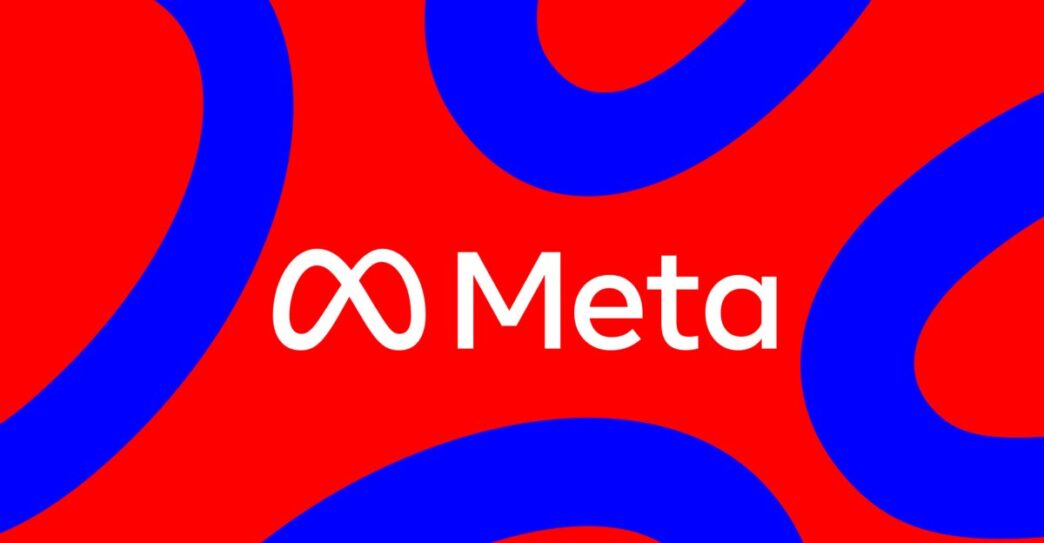Meta won’t sign the European Union’s new AI code of practice. The company says Europe is “heading down the wrong path on AI.”
The EU published its voluntary code on July 10 to guide companies on following the upcoming AI Act rules for general-purpose AI. Providers that sign the code get “reduced administrative burden and increased legal certainty,” according to the EU.
Meta’s global affairs chief Joel Kaplan explained the refusal in a LinkedIn statement.
“We have carefully reviewed the European Commission’s Code of Practice for general-purpose AI (GPAI) models and Meta won’t be signing it,” Joel Kaplan said.
“This Code introduces a number of legal uncertainties for model developers, as well as measures which go far beyond the scope of the AI Act.”
OpenAI quickly announced it would sign the code on July 11.
The AI Act takes effect August 2. It requires transparency about training data and security risks, plus compliance with EU and national copyright laws. Companies violating the AI Act face fines up to 7% of annual sales.
Kaplan warns the AI Act’s strict regulations risk throttling AI development in Europe and hurting local companies.
His concerns mirror a letter signed by 45+ companies like Airbus and Mercedes-Benz urging the EU to delay the AI Act by two years to clear up uncertainty.
Meta is clearly pushing back against Europe’s AI guardrails before the rules even start.














